
Pathways to Student Motivation
A meta-analysis of factors which impact student motivation.
The MARIO Framework® pedagogy is founded on what science has revealed about learning – including
disciplines concerning the whole person and the ways we gain mastery.
MARIO Education focuses on what matters most: improving the quality of school relationships through impactful student-teacher conversations.
Targeted 1:1 conversations every class period led to significant academic gains. Students who participated in our intervention showed notably higher GPAs in core subjects compared to peers in control groups, demonstrating the real impact of meaningful connection.
Director of Scientific Affairs at Boston Strategic Partners

Author & Founder of Novak Education

Co-Founder & CEO of MARIO Education
These academic researchers support our mission to help bridge the gap between educational researchers and practitioners. Together with MARIO, they are committed to empowering and inspiring more educators to become teacher-researchers.
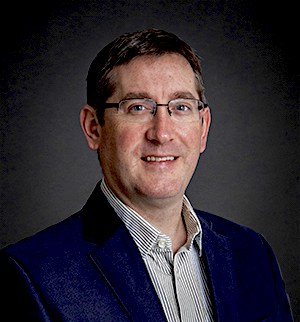
Ball State University

Penn State University

Growing Minds Consulting, LLC
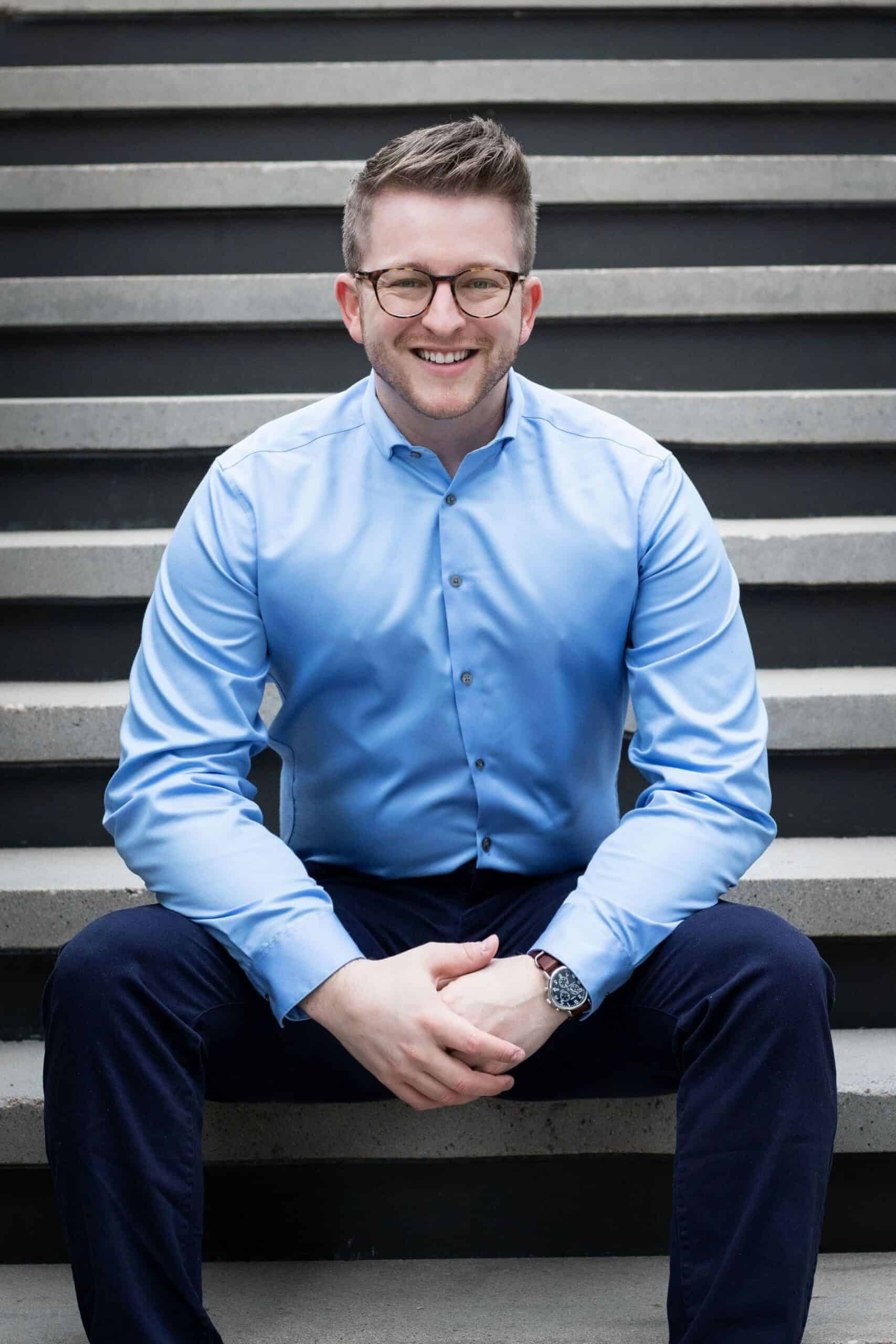
Practical Psychological Services
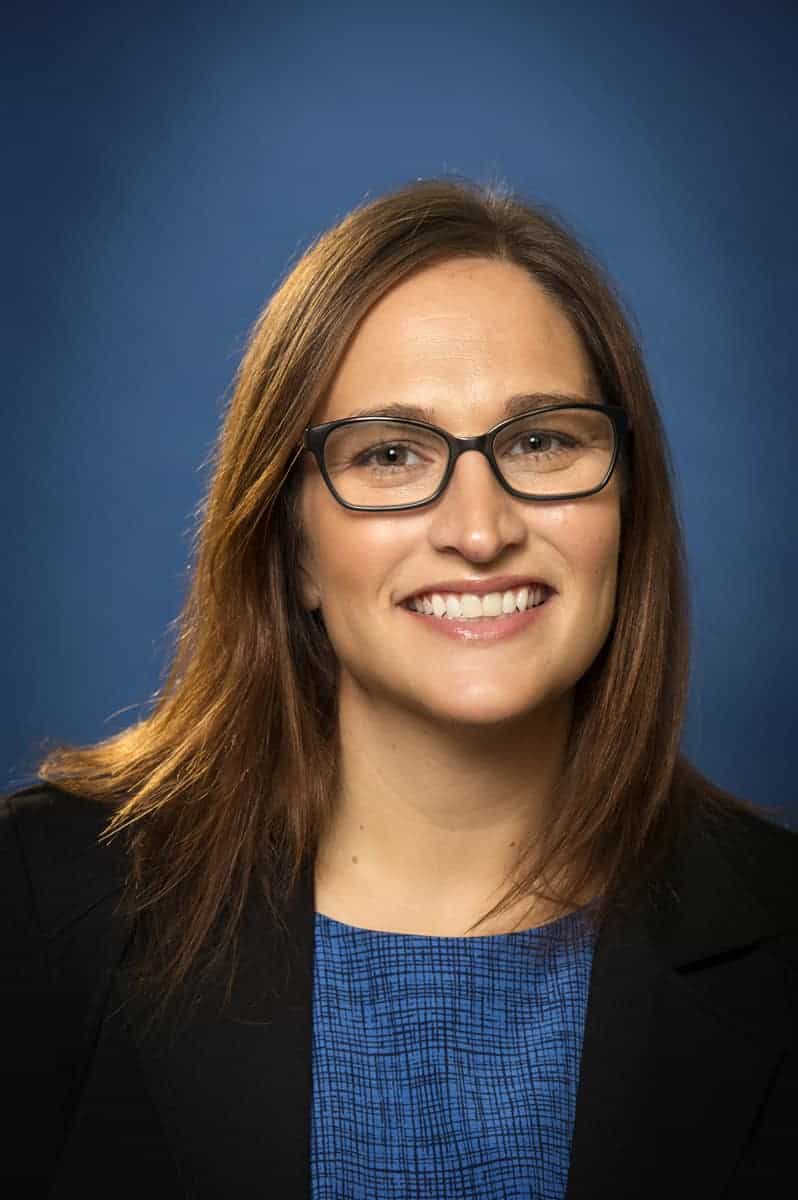
University of Colorado, Colorado Springs

University of Houston-Clear Lake

Penn State University

University of Winchester

Practical Psychological Services
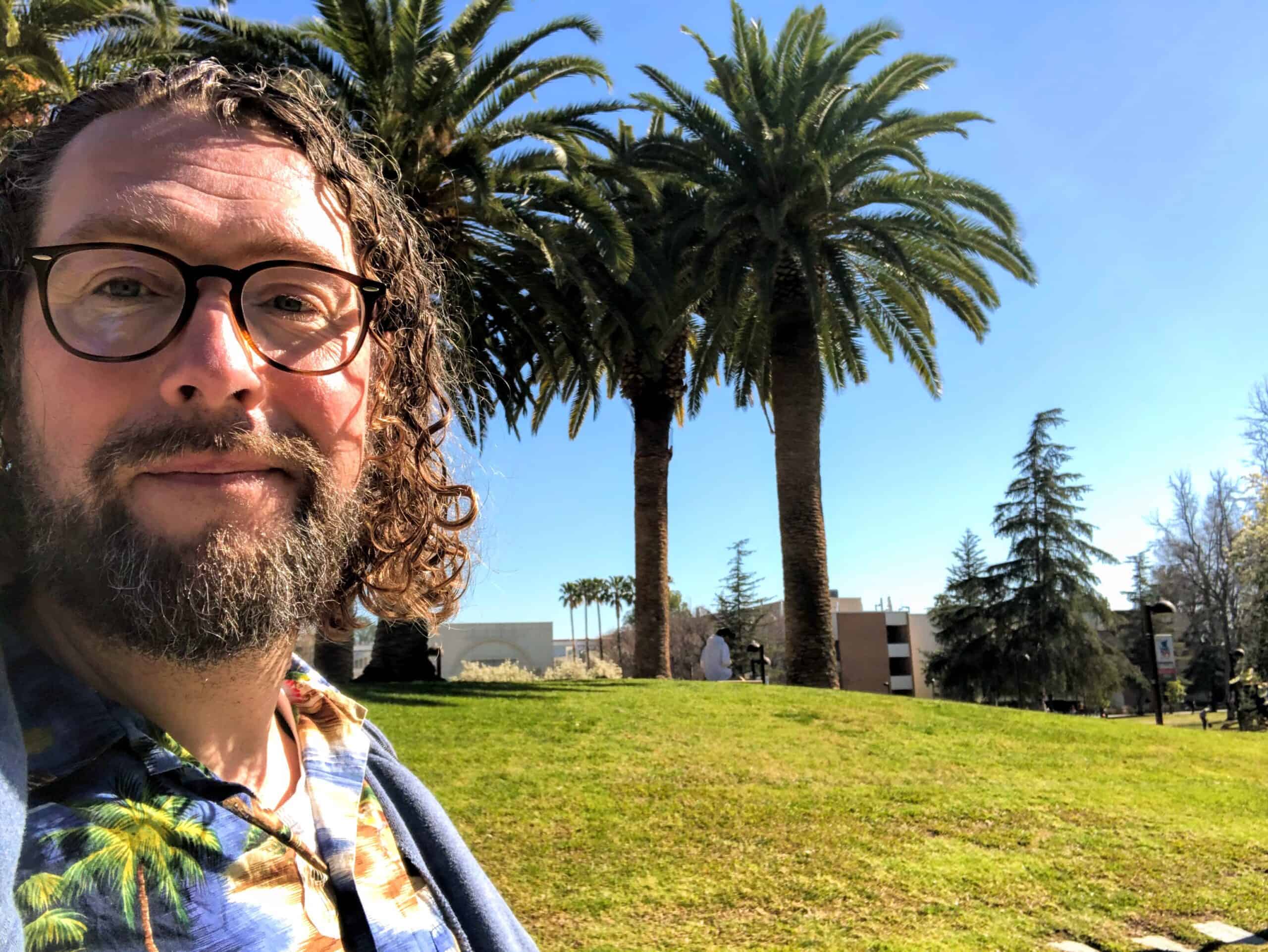
Kristianstad University, Faculty of Education

University of Houston-Clear Lake

Malmö University

University of Winchester

Linneaus University

Kristianstad University, Faculty of Education
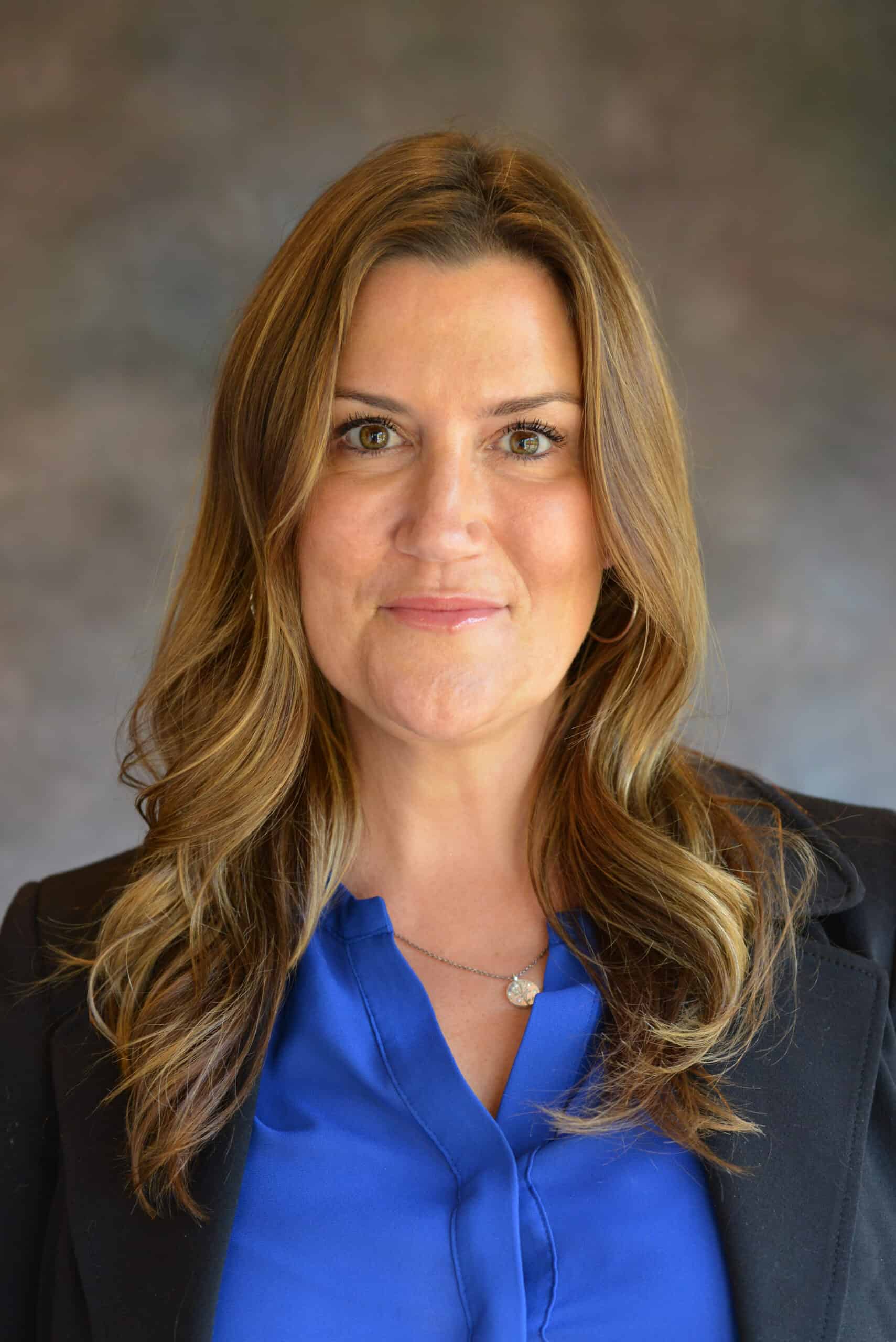
Point Loma Nazarene University

Malmö University
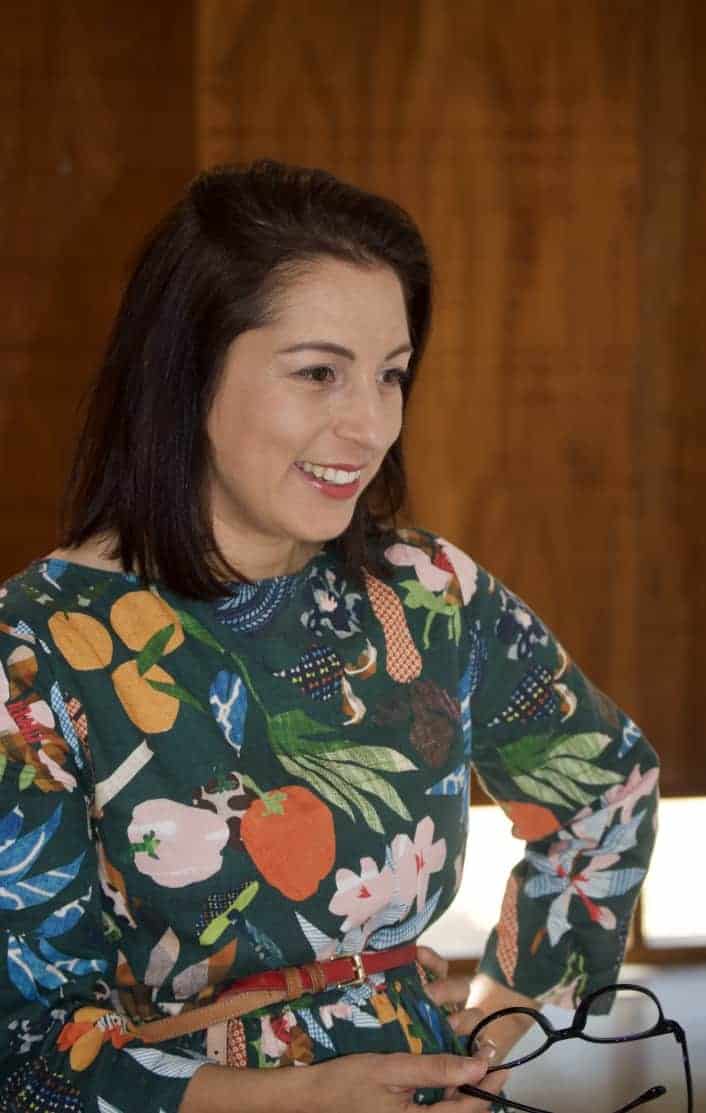
Monash University
We understand that educators are pressed for time. To help, our team reviews recently published studies on a monthly basis and posts key findings and potenti

A meta-analysis of factors which impact student motivation.

I think we can all agree that the early years of teaching are overwhelming. There are a lot of things to learn and navigate through, but the golden rule for success is to surround yourself with good people. It is important to find the positive, supportive, and enthusiastic teachers around you and stick close by them. Just like a young seed growing in a garden, thriving in your early years of teaching depends largely on who you plant yourself next to.

Though transition coordinators are critical in improving post-high school outcomes for students with disabilities, little is known about their roles and many schools are falling short of their transition responsibilities.

This study was conducted to highlight the experiences of caregivers in the transition from Early Intervention to Early Childhood Special Education.
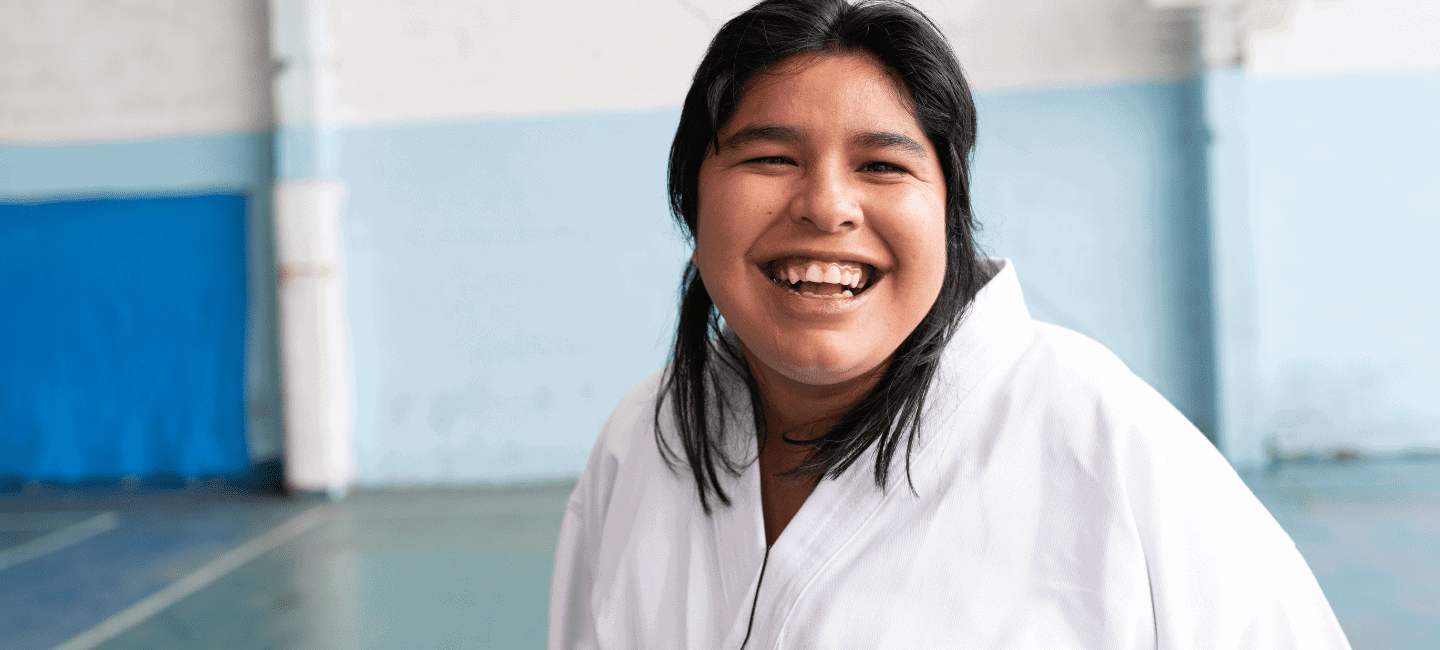
The success of transitions to postsecondary life is significantly affected by the size of transition networks within and beyond the school system, which includes the range of professional roles and services offered, and the effectiveness of the collaborations within these networks.

Ecological Model for Inclusion Meys, Hermans, and Maes (2021) pursued this study in an effort to both test whether an ecological model could be utilized

In order to ensure that the therapy a child receives at school is effective, the needs of both the child and the parent must be considered. When providing therapeutic supports, it is crucial that all stakeholders have a shared level of respect and trust and that a foundation of transparent communication is built to ensure the best possible outcome for children with special education needs.

Geometry is an essential topic in mathematics, fundamental to young children’s mathematical learning and development. Results of the current study suggest that fostering self-regulation skills positively impacts the learning of early geometry skills.

When thinking about how to end your school year on a strong note, it will be important to keep both the teacher and student focus in mind for your planning.

The change from onsite learning to online can cause students to lose motivation and efficiency in their learning. Having self-regulation skills and the use of preferred low or high-impact strategies can also affect student learning.

A meta-analysis of factors which impact student motivation.

I think we can all agree that the early years of teaching are overwhelming. There are a lot of things to learn and navigate through, but the golden rule for success is to surround yourself with good people. It is important to find the positive, supportive, and enthusiastic teachers around you and stick close by them. Just like a young seed growing in a garden, thriving in your early years of teaching depends largely on who you plant yourself next to.

Though transition coordinators are critical in improving post-high school outcomes for students with disabilities, little is known about their roles and many schools are falling short of their transition responsibilities.

This study was conducted to highlight the experiences of caregivers in the transition from Early Intervention to Early Childhood Special Education.

The success of transitions to postsecondary life is significantly affected by the size of transition networks within and beyond the school system, which includes the range of professional roles and services offered, and the effectiveness of the collaborations within these networks.

Ecological Model for Inclusion Meys, Hermans, and Maes (2021) pursued this study in an effort to both test whether an ecological model could be utilized

In order to ensure that the therapy a child receives at school is effective, the needs of both the child and the parent must be considered. When providing therapeutic supports, it is crucial that all stakeholders have a shared level of respect and trust and that a foundation of transparent communication is built to ensure the best possible outcome for children with special education needs.

Geometry is an essential topic in mathematics, fundamental to young children’s mathematical learning and development. Results of the current study suggest that fostering self-regulation skills positively impacts the learning of early geometry skills.

When thinking about how to end your school year on a strong note, it will be important to keep both the teacher and student focus in mind for your planning.

The change from onsite learning to online can cause students to lose motivation and efficiency in their learning. Having self-regulation skills and the use of preferred low or high-impact strategies can also affect student learning.
© 2019-2025 MARIO Framework®, LLC, All Rights Reserved
MARIO Framework, LLC dba MARIO Education, info@marioeducation.com 8 The Green, STE 16162, Dover DE 19901, United States, +1-302-490-0946